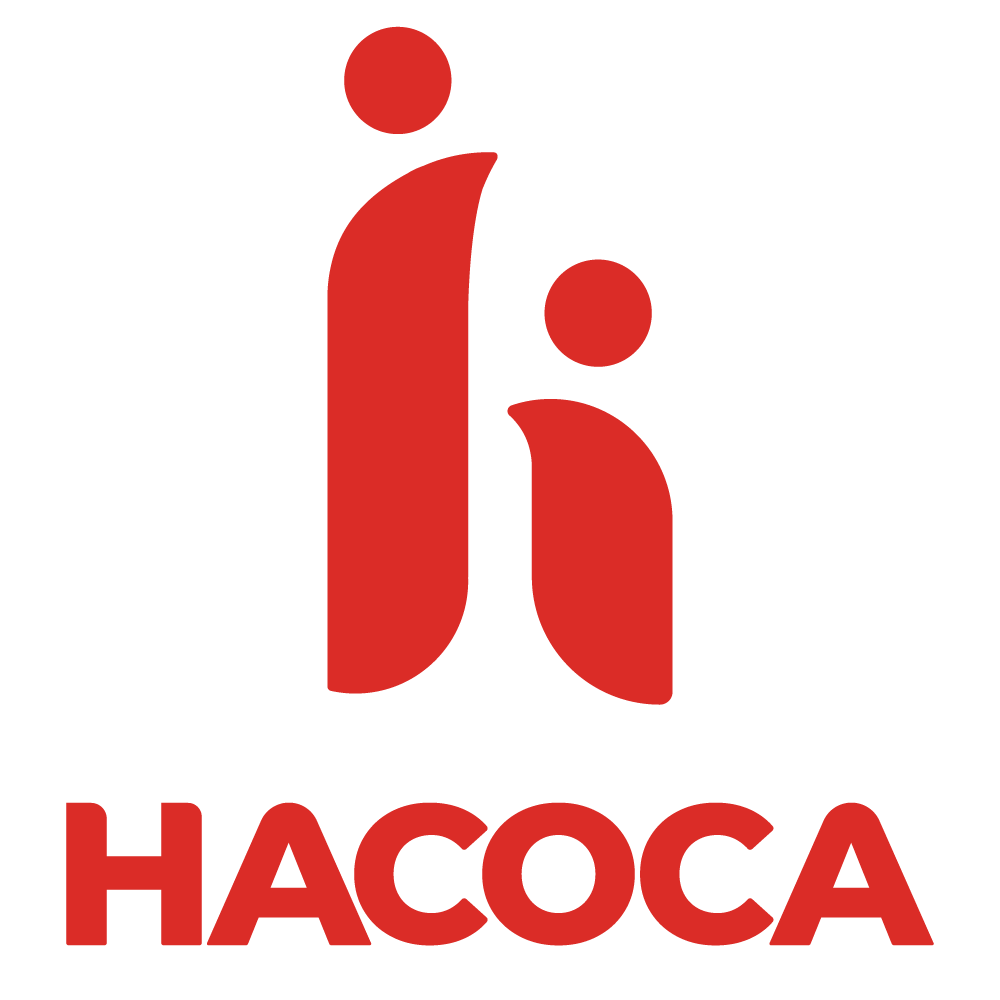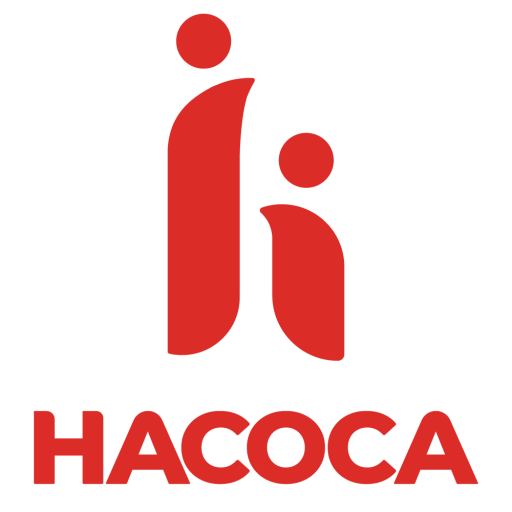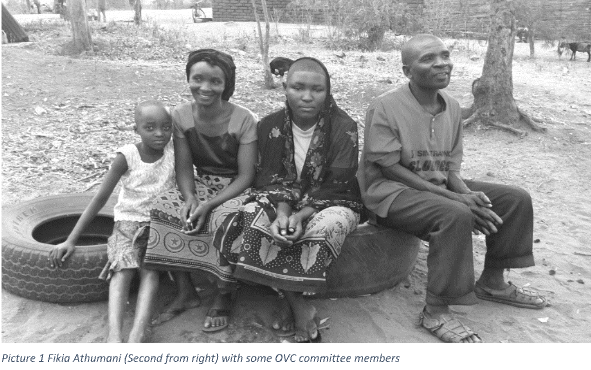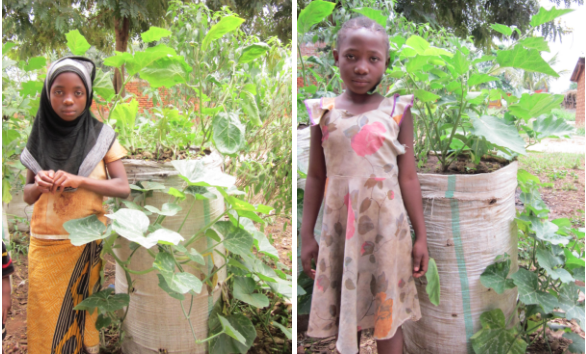Nine years ago, in Kipera Village, a young orphan named Fika Athumani faced an uncertain…
Between 2012 and 2015, HACOCA embarked on a transformative journey to improve the lives of vulnerable communities in the Morogoro Region. With support from the Tanzania Agriculture Productivity Program (TAPP), HACOCA led an agricultural training initiative aimed at addressing food insecurity and economic hardship, particularly among families impacted by HIV/AIDS. This effort reached a total of 1,567 people, including 354 youth and 102 caregivers, in Mvomero District, Morogoro Municipal Council (MC), and Kilosa District Council (DC).
As part of this initiative, beneficiaries were taught to grow and manage a variety of nutritious crops, including sweet potatoes—known for their rich vitamins and minerals, essential for children’s healthy growth. Alongside crops like tomatoes, spinach, eggplant, and okra, the cultivation of sweet potatoes became a key component in improving household nutrition. The hands-on training provided by HACOCA equipped participants with the knowledge and skills needed to not only secure food for their families but also to generate income by selling surplus produce.
One of the remarkable success stories from this initiative comes from William Joseph, a youth member of HACOCA, who reflected on how the training changed his life: “This support rescued us from hunger and poverty. It came at the right time. We harvested enough for our consumption and were able to sell the surplus to meet other needs,” William explained. His experience highlights the powerful impact that agricultural education can have in creating self-reliance and economic stability
HACOCA’s success in this initiative was not only limited to the individuals directly trained but also extended to the broader community. Villagers contributed by providing tools and supporting the youth as they cultivated their gardens, fostering a sense of collective ownership and sustainability. As a result, the entire community benefited from improved food security and a stronger local economy.
By 2015, the outcomes were clear: participants experienced increased financial independence, better nutrition, and greater economic stability. Families who had once been vulnerable to the impacts of HIV/AIDS were now empowered to support themselves, thanks to the skills and opportunities provided by HACOCA. This intervention remains a powerful example of how agricultural training, combined with community collaboration, can uplift entire communities.
The legacy of this project continues to inspire HACOCA’s ongoing efforts to empower vulnerable groups through sustainable development and economic strengthening, proving that meaningful change can start with a single seed planted in fertile ground




